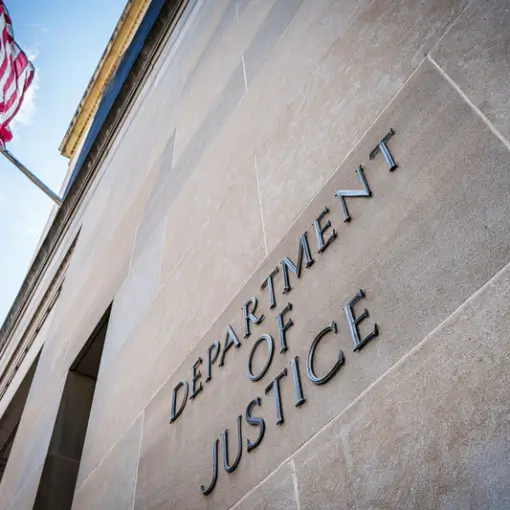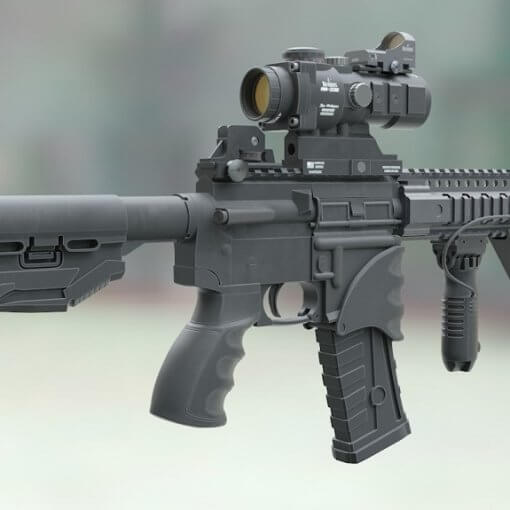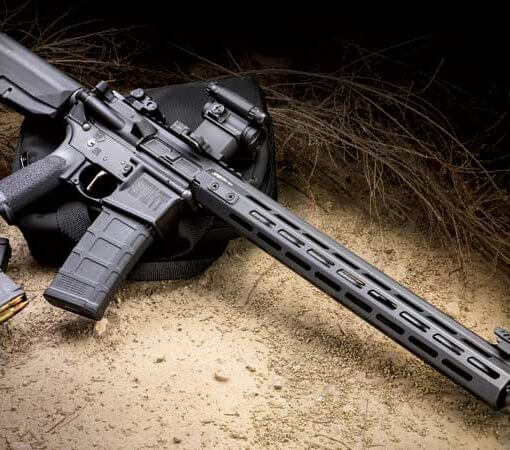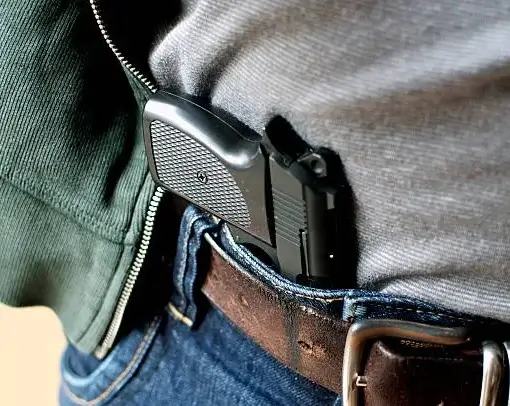
The genius of the United States of America is also an international peculiarity: the USA is a sovereign country yet the 50 states that comprise it are likewise sovereign. This doctrine of federalism means that the national and state governments each have separate areas of responsibility over the same division of land. While the state authorities’ jurisdiction is confined within the state borders, the federal power extends across all the states, territories and possessions overseas. One area where states make rules is how best to enforce the proper use of firearms. States have differences, for example, regarding concealed carry laws.
Though gun-hating interest groups insist that concealed carry permissions have no effect on crime rates, evidence attests to the positives of such liberties. Local news stories — that are rarely allowed on national media outlets — are replete with episodes where a concealed carrier foils assaults, robberies, burglaries and kidnappings. In fact, the ability to carry a concealed weapon raises doubt in otherwise confident criminal predators. It is a common sense remedy to rampaging crimes against persons and property. Suppressing this freedom is an invitation to violent predation.
As noted above, each state imposes specific rules relative to firearms usage. Subject to the Second Amendment to the U.S. Constitution — which states that “A well-regulated Militia, being necessary to the security of a free State, the right of the people to keep and bear Arms, shall not be infringed” — states have latitude to issue gun permits and licenses according to their own specifications. One such condition is the visibility of the firearm: must it be displayed openly or can it be concealed? Every state allows concealed carry under certain circumstances. Parameters break down as follows:
Permits may be issued to residents only — state residents may apply for and receive an allowance to carry if they meet certain rules of eligibility.
- May be issued to both residents and non-residents — provided applicants conform to state standards
- Shall be issued to residents only — in-state applicants who meet the requirements are given permission automatically.
- Shall be issued to residents and non-residents — those from within and outside the state, who meet the standards, receive automatic allowance.
- No permit needed but state will examine the applications of those residents seeking one.
- No permit needed but state will examine applications of anyone — resident and non-resident — seeking to obtain one.
- Anyone with firearms licenses may conceal carry without further sanction.
Constitutional carry these states view the right to conceal carry as embedded in the Second Amendment but most of these governments will nevertheless issue permits when requested. Differences among all states remain insofar as what guidelines make one eligible for conceal carry permission.
States set the benchmark by which conceal carry applicants are evaluated. Most require passage of a training course; some of those mandate live fire exercises as part of that training. A few even specify how many rounds of live fire should be used — and at what distances. Levels of proficiency on both written tests and shooting exams also differ from state to state. Disqualifying histories are interpreted disparately as well. Forbidding conceal carry to those with long histories of drug abuse and/or a psychiatric episode is common. Still, a few states will deny applicants for property tax delinquency or for lacking “good moral character,” a trait often defined arbitrarily.
Why Reciprocity Is Important
The disparities among states with regard to who can exercise conceal carry represents, in effect, a denial of Second Amendment protections to every American who is otherwise qualified to possess a firearm. Commerce and culture have evolved in such a way that extended families may be far flung across the continent. Business, too, is more often transacted across state lines and travel for this purpose is even more frequent. Yet an individual who meets the criteria of his or her state for concealed carry can be stopped, arrested, tried and even convicted in a state with a contrasting legal threshold.
Many states recognize this fundamental unfairness and have moved to correct it. Ordinarily in such cases, a state will recognize and honor the concealed carry authorizations from states that fall in the same category, e.g. may issue, shall issue or constitutional carry. Such inter-state agreement helps to soften the inequitable treatment of conceal carriers. At the same time, other states refuse to participate in any reciprocal arrangements. These include state governments that allow themselves the most discretion as to which conceal carry applicants are successful.
Justice Rests in National Reciprocity
On December 6, 2017, the U.S. House of Representatives voted in favor of H.R.38 – Concealed Carry Reciprocity Act of 2017, which defined the person qualified to traverse state lines with a concealed gun and strengthened the technological infrastructure for criminal background checks among other verifications. Although a version of this legislation was introduced in the U.S. Senate, it never came up for a vote in the upper chamber. Representative Richard Hudson, a leader of the effort to pass the Act in the House, vowed at that time to re-introduce the bill in the next Congress.
Congressman Hudson was true to his word, bringing the bill back to the lower chamber on its very first day of business in 2019. With a shift in the legislative majority, the bipartisan bill was nonetheless stifled by the leadership. With consistency that reflects commitment, Mr. Hudson again proposed this legislation on the opening day of the 117th Congress on January 4, 2021. He said on that day, “The Concealed Carry Reciprocity Act is a common sense solution to provide law-abiding citizens the right to conceal carry and travel freely between states without worrying about conflicting state codes or onerous civil suits. I am especially proud to have such widespread and bipartisan support for this measure and will work with my colleagues to get this legislation over the finish line.”
Take Action Now
While the ideological balance in Congress might seem forbidding, the fact remains that politicians respond to voters. This important policy proved itself in prior years and can be brought to reality with enough public demand. Concealed carry can make an enormously positive impact on our culture if states will honor the Constitution. They will know they cannot nullify the Second Amendment through the imposition of cumbersome rules of bureaucracy. Instead, citizens can travel throughout these United States confident that they stand a fighting chance when confronted by vicious felons and rapacious thugs.
UPDATE Jan. 9, 2023
This bill is in the first stage of the legislative process. It was introduced into Congress on January 9, 2023. It will typically be considered by committee next before it is possibly sent on to the House or Senate as a whole.
This bill was intoduced in congress but never received a vote. A new bill was released on January 8 2025 by Congressman Hudson
See the new bill and Find Your Rep. here and let them know that the time has come to allow all law-abiding citizens the freedom to defend themselves.




